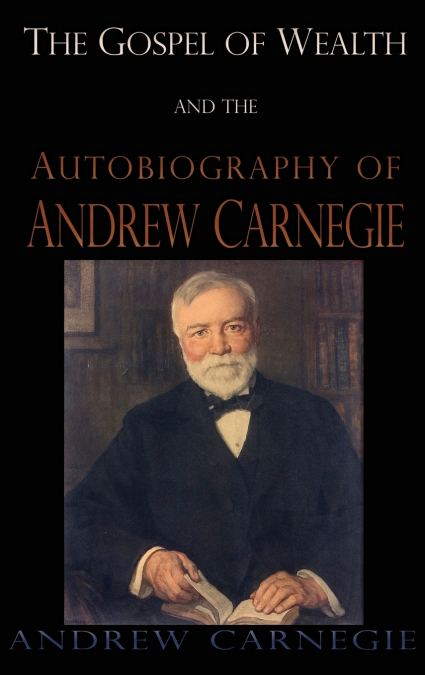
 Librería Perelló (Valencia)
Librería Perelló (Valencia)
 Librería Aciertas (Toledo)
Librería Aciertas (Toledo)
 El AlmaZen del Alquimista (Sevilla)
El AlmaZen del Alquimista (Sevilla)
 Librería Elías (Asturias)
Librería Elías (Asturias)
 Librería Kolima (Madrid)
Librería Kolima (Madrid)
 Donde los libros
Donde los libros
 Librería Proteo (Málaga)
Librería Proteo (Málaga)
Andrew Carnegie was a Scottish-American industrialist, business magnate, and philanthropist. He led the expansion of the American steel industry in the late 19th century. He later became a leading philanthropist in the United States and in the British Empire. Carnegie was born in Scotland, and emigrated to the United States with his parents in 1848. He first worked as a telegrapher, and by the 1860s had investments in railroads, railroad sleeping cars, bridges, and oil derricks. He later built Pittsburgh's Carnegie Steel Company, sold to J. P. Morgan in 1901 for $480 million, which became the U.S. Steel Corporation. After selling Carnegie Steel, he surpassed John D. Rockefeller as the richest American for the next couple of years. His 1889 article proclaiming "The Gospel of Wealth" called on the rich to use their wealth to improve society, and stimulated a wave of philanthropy. Carnegie devoted the remainder of his life to large-scale philanthropy.